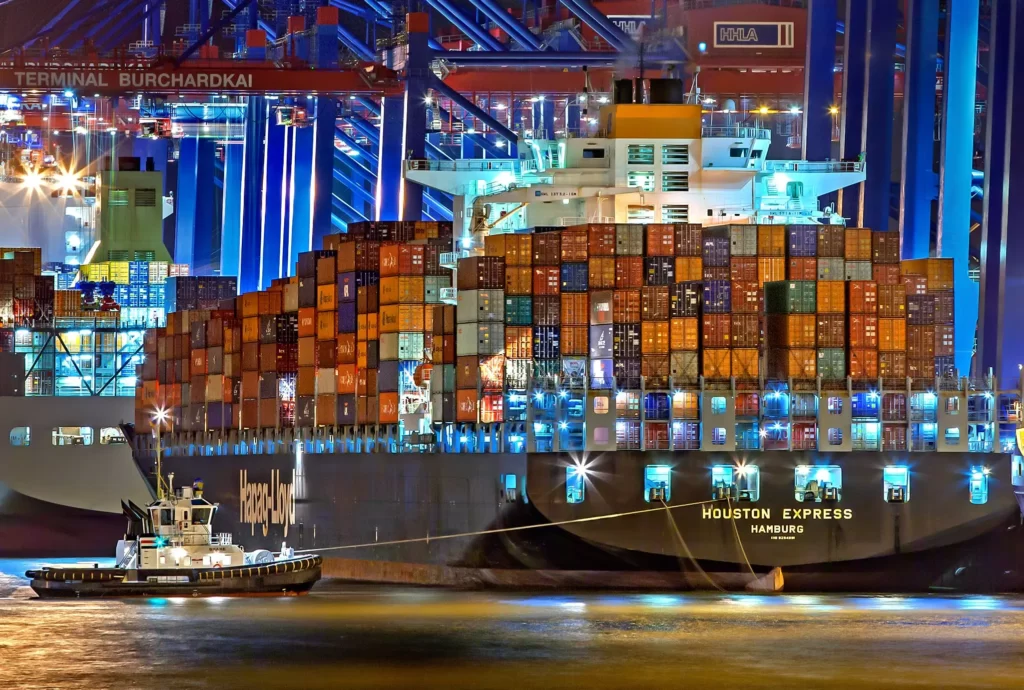Highlights:
- Incoterms® or International commercial terms define the rules and terms used in international and domestic trade for buyer and seller.
- International Chamber of commerce (ICC) publishes the Incoterms® rules and modifies them from time to time.
- The First version of Incoterms® was released in 1936.
- There are 7 changes in Incoterms® 2020 concerning Incoterms® 2010.

Incoterms® rule what is it: In global trade, the buyer and seller must understand each other’s terms and conditions. Both should talk in the common language of trade.
Incoterms® provide a common understanding of business terms for buyer and seller.
If you are doing International trade then you must understand the common International business language. One such common terms are Incoterms®
- Highlights:
- What is Incoterms®:
- Who publishes Incoterms® rules?:
- What is the latest version of the Incoterms®:
- How Incoterms® is used:
- Why are Incoterms® important in Global International Trade?
- What are the 11 Incoterms rules?
- When was first Incoterms® published?
- What is the latest version of the Incoterms®:
- What are the Changes in Incoterm® 2020
- What are the advantages of Incoterms®?
- What are the disadvantages of Incoterms®?
What is Incoterms®:
The Incoterms® stands for the International commercial terms. The term Incoterm® is a trademark of the International Chamber of commerce.
Who publishes Incoterms® rules?:
The International Chamber of commerce (ICC) is the authority that publishes the Incoterms® rules. From time to time depending on the change in the business scenario ICC also upgrades the rules.
What is the latest version of the Incoterms®:
The latest version of Incoterms® is Incoterms® 2020. The earlier version was Incoterms® 2019.
How Incoterms® is used:
Incoterms® are widely used terms in the import-export business. There are 11 types of Incoterms® as approved by the International Chamber of commerce (ICC) in Incoterms® 2020.
Why are Incoterms® important in Global International Trade?
The Incoterms® rules are International commercial Laws which is Internationally accepted. The Interpretation of the rules is the guide for both seller and buyer. It defines which party will bear the cost incurs, liability and risks.
What are the 11 Incoterms rules?
The International Chamber of commerce (ICC) has defined the Incoterms® 2020 for contracts. The Incoterms® are depends on the mode of transportation of goods.
The 11 types of Incoterms® are categorized into two. One is for the Sea and Inland waterways transport other is for any mode or mode of transport.
Seven rules for any mode or modes of transport are listed below
- CPT | Carriage Paid To
- CIP | Carriage and Insurance Paid To
- EXW | Ex Works
- FCA | Free Carrier
- DAP | Delivered at Place
- DPU | Delivered at Place Unloaded
- DDP | Delivered Duty Paid
Four rules for sea and inland waterway transport are following
- FAS | Free Alongside Ship
- FOB | Free On Board
- CFR | Cost, and Freight
- CIF | Cost Insurance and Freight
When was first Incoterms® published?
In 1936 first edition of Incoterms® was published. The Incoterms® were modified 9 times since then in the years 1953,1967, 1976, 1980, 1990, 2000, and 2010, The latest version is the ninth version i.e. Incoterms 2020 that is published on September 10, 2019
What is the latest version of the Incoterms®:
The latest version of the Incoterms® is Incoterms® 2020.
What are the Changes in Incoterm® 2020
There are 7 changes in Incoterms® 2020 as compared to Incoterms® 2010.They are followings.
1. features an in-depth introduction to help users select the appropriate Incoterms® rule for their sale transaction
2. FCA Incoterms® rule revised
3. All costs associated with a given Incoterms rule explained
4. Levels of insurance coverage in CIF and CIP?
5. Account for arranging own carriage rather than assuming 3rd party transport
6. Information on security-related requirements in transportation.
7. Delivered at Terminal (DAT) has been changed to Delivered at Place Unloaded (DPU)
What are the advantages of Incoterms®?
- The major advantage is the standardization of the terms to be used in the trade.
- It also eliminates the inconsistencies of the country-specific contract.
- It also fixes the cost and liabilities for both buyer and seller.
- It helps in streamlining the supply chain of goods of the International and domestic trade between buyer and seller.
What are the disadvantages of Incoterms®?
- The main disadvantage is the buyer and seller have different preferences.
Also read: What are Process Improvement 7 QC Tool | What is 7 QC tool in Quality ?




